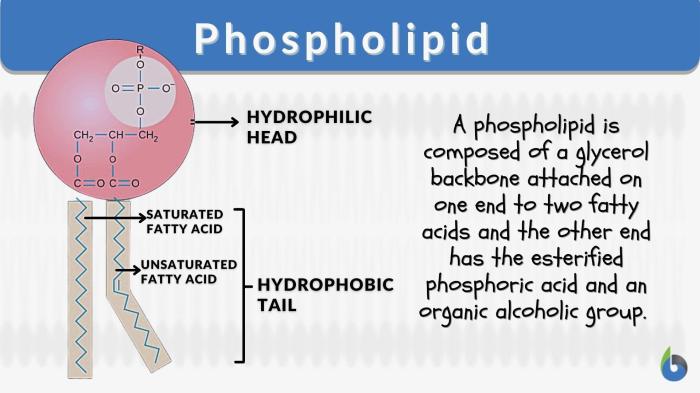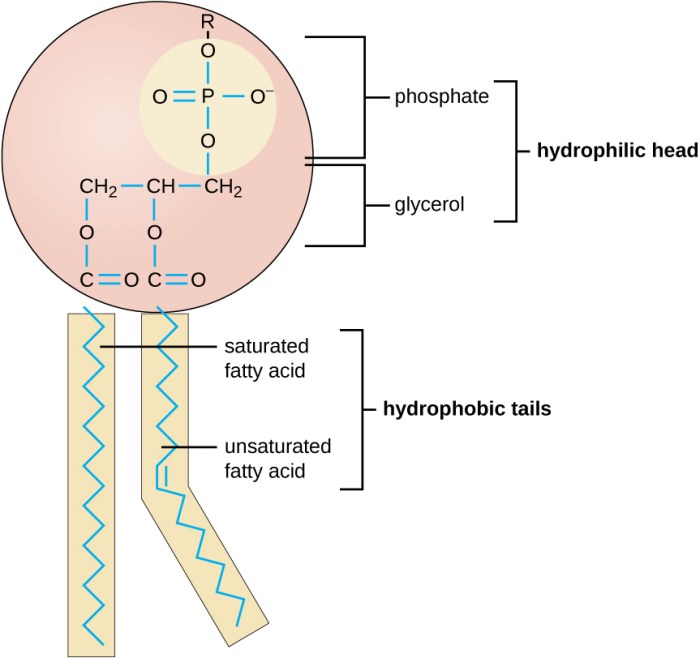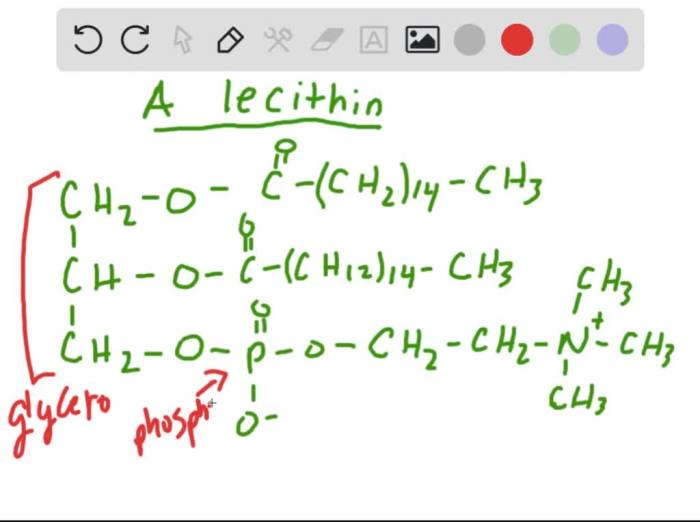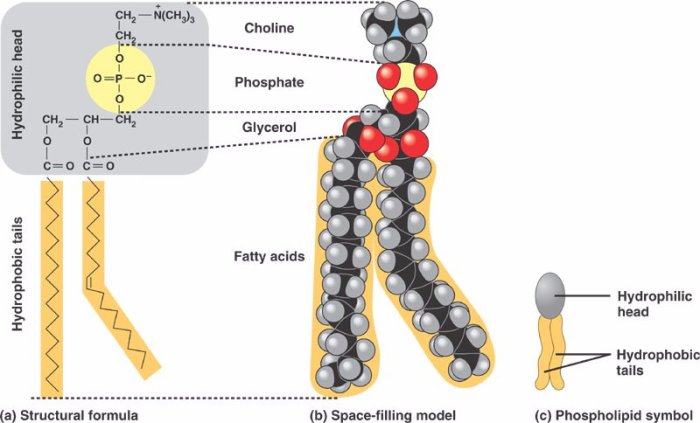Which of the following statements concerning lecithin is not true – Delving into the realm of lecithin, we embark on a journey to discern which of the following statements concerning this enigmatic substance is not true. This discourse promises to illuminate the nature, functions, and implications of lecithin, unraveling its significance in various domains.
Lecithin, a versatile phospholipid, plays a multifaceted role in our bodies, ranging from emulsifying fats to supporting cell membrane integrity. Its presence in food and supplements has sparked both curiosity and controversy, necessitating a comprehensive examination of its properties and potential effects.
Lecithin Sources and Functions
Lecithin is a naturally occurring substance found in many foods and is an essential component of cell membranes. It plays a crucial role in various bodily functions, including:
Dietary Sources of Lecithin
- Soybeans
- Eggs
- Sunflower seeds
- Wheat germ
- Liver
Functional Roles of Lecithin
- Emulsification: Lecithin acts as an emulsifier, allowing water and oil to mix and form stable emulsions.
- Membrane structure: As a major component of cell membranes, lecithin maintains their fluidity and integrity.
- Nerve function: Lecithin is a precursor to acetylcholine, a neurotransmitter essential for nerve communication.
- Cholesterol transport: Lecithin helps transport cholesterol throughout the body, preventing its accumulation in the arteries.
Lecithin Structure and Composition: Which Of The Following Statements Concerning Lecithin Is Not True

Lecithin is a phospholipid composed of:
Chemical Structure
- A glycerol molecule
- Two fatty acid chains
- A phosphate group
- A choline molecule
Fatty Acid Content
Lecithin contains a variety of fatty acids, including:
- Palmitic acid
- Stearic acid
- Oleic acid
- Linoleic acid
- Linolenic acid
Health Benefits of Lecithin

Lecithin consumption has been associated with several potential health benefits, including:
Cardiovascular Health
- Reduces cholesterol levels
- Improves blood circulation
- Lowers risk of heart disease
Lecithin in Food and Supplements

Lecithin is widely used in the food industry as an emulsifier, stabilizer, and antioxidant.
Emulsifier in Food Products
- Mayonnaise
- Salad dressings
- Margarine
- Baked goods
Lecithin Supplements
Lecithin is also available as a dietary supplement in various forms, including:
- Capsules
- Granules
- Powder
Lecithin Safety and Considerations

Lecithin is generally considered safe for consumption, with no significant side effects reported.
Potential Interactions, Which of the following statements concerning lecithin is not true
Lecithin may interact with certain medications, such as anticoagulants and blood thinners.
Considerations
Individuals with allergies to soy or eggs should consult a healthcare professional before consuming lecithin.
Helpful Answers
Is lecithin a harmful substance?
No, lecithin is generally considered safe for consumption and is widely used in food products and supplements.
Can lecithin improve heart health?
Yes, lecithin may contribute to cardiovascular health by reducing cholesterol levels and improving blood flow.
Is lecithin a good source of choline?
Yes, lecithin is a rich source of choline, an essential nutrient for brain function and development.